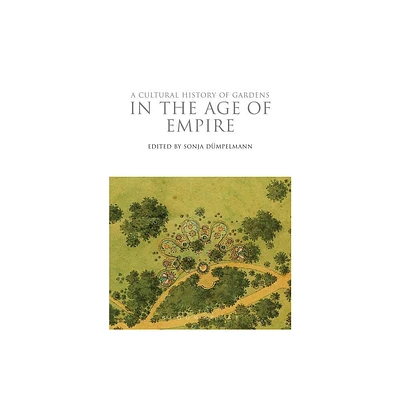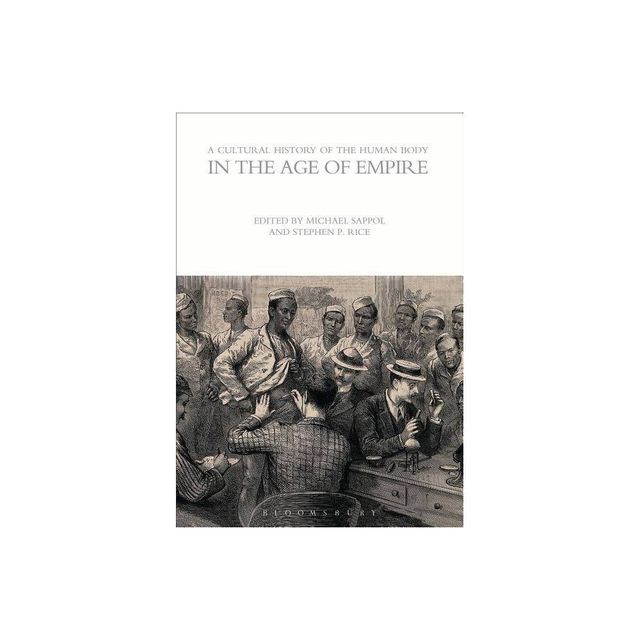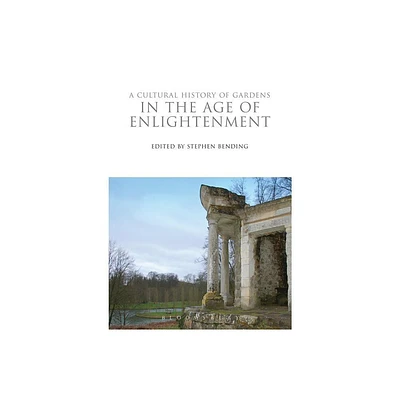Home
A Cultural History of Democracy the Age Empire
Loading Inventory...
Barnes and Noble
A Cultural History of Democracy the Age Empire
Current price: $35.95


Barnes and Noble
A Cultural History of Democracy the Age Empire
Current price: $35.95
Loading Inventory...
Size: Paperback
*Product Information may vary - to confirm product availability, pricing, and additional information please contact Barnes and Noble
This volume surveys democracy broadly as a cultural phenomenon operating in different ways across a very wide range of societies in the nineteenth-century world.
In the long nineteenth century, democracy evolved from a contested, maligned conception of government with little concrete expression at the level of the state, to a term widely associated with good governance throughout the diverse political cultures of the Atlantic world and beyond. The geographical scope and public range of discussions about the meaning of democracy in this era were unprecedented in comparison to previous centuries. These lively debates involved fundamental questions about human nature, and encompassed subjects ranging from the scope of the people who would participate in self-government to the importance of social and economic issues. For these reasons, the nineteenth century has proven the formative century in the modern history of democracy.
Each chapter takes a different theme as its focus: sovereignty; liberty and the rule of law; the “common good”; economic and social democracy; religion and the principles of political obligation; citizenship and gender; ethnicity, race, and nationalism; democratic crises, revolutions, and civil resistance; international relations; and beyond the polis. These ten different approaches to democracy in the nineteenth century add up to an extensive, synoptic coverage of the subject.
In the long nineteenth century, democracy evolved from a contested, maligned conception of government with little concrete expression at the level of the state, to a term widely associated with good governance throughout the diverse political cultures of the Atlantic world and beyond. The geographical scope and public range of discussions about the meaning of democracy in this era were unprecedented in comparison to previous centuries. These lively debates involved fundamental questions about human nature, and encompassed subjects ranging from the scope of the people who would participate in self-government to the importance of social and economic issues. For these reasons, the nineteenth century has proven the formative century in the modern history of democracy.
Each chapter takes a different theme as its focus: sovereignty; liberty and the rule of law; the “common good”; economic and social democracy; religion and the principles of political obligation; citizenship and gender; ethnicity, race, and nationalism; democratic crises, revolutions, and civil resistance; international relations; and beyond the polis. These ten different approaches to democracy in the nineteenth century add up to an extensive, synoptic coverage of the subject.


















